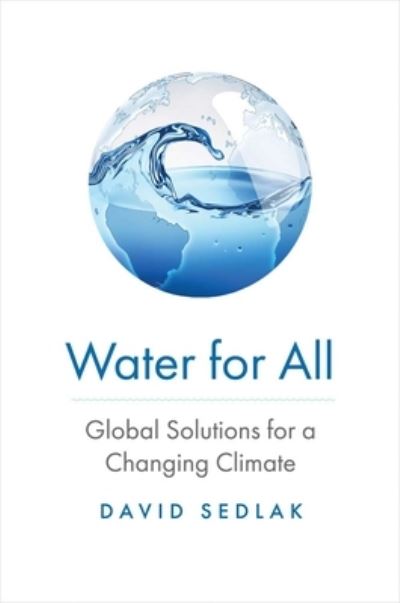Description
A fresh look at the world’s water crises, and the existing and emerging solutions that can be used to solve them
Â
It is not your imagination: water crises are more frequent. Our twentieth-century systems for providing the water that grows food, sustains cities, and supports healthy ecosystems are failing to meet the demands of growing population and the challenges brought on by climate change. But the grim news reports-of empty reservoirs, withering crops, failing ecosystems-need not be cause for despair, argues award-winning author David Sedlak.
Â
Communities on the front lines of previous water crises have pioneered approaches that are ready to be applied elsewhere. Some have resolved shortages by enhancing water-use efficiency, and others have used moments of crisis to resolve historic disagreements over water rights. Still others have employed treatment technologies that unlock vast quantities of untapped water resources.
Â
Sedlak identifies the challenges that society faces, including ineffective policies and outdated infrastructure, and the myriad of tools at our disposal-from emerging technologies in desalination to innovations for recycling wastewater and capturing more of the water that falls on fields and cities. He offers an informed and hopeful approach for rethinking our assumptions about the way that water is managed. With this knowledge we can create a future with clean, abundant, and affordable water for all.




